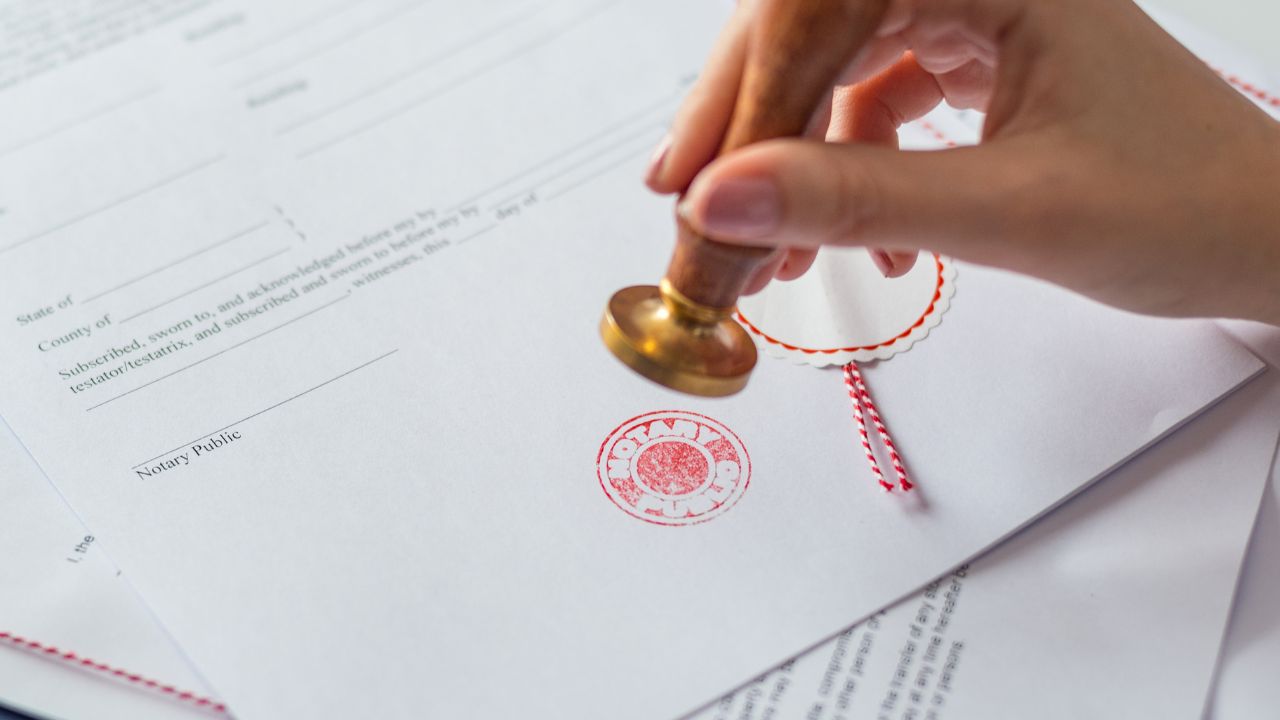A Joint Power of Attorney (POA) is an Indian legal instrument by which two or more individuals collectively authorise a trusted person to act on their behalf in respect of specific or general legal, financial, or property-related matters in India. This format is especially relevant for Non-Resident Indians (NRIs) who co-own ancestral or jointly purchased property and are unable to travel to India to manage transactions personally. A Joint POA is perfectly legal under Indian law and provides a practical, cost-effective, and convenient solution. This post provides a brief overview of making a Joint Power of Attorney for India.
Legal Requirements for a Joint Indian Power of Attorney
Under Indian law, the Power of Attorney Act 1882 governs the delegation of authority through POAs. The Indian Contract Act 1872 and the Registration Act 1908 also influence its enforceability. Joint POAs are valid and recognised in India provided they are executed with clarity, duly attested, and presented in compliance with Indian legal requirements.
When executed outside India, an Indian POA must be notarised locally by a qualified notary public and Apostilled (for Hague Convention countries such as the UK) or attested by the Indian High Commission/Embassy, and registered in India with the relevant local authority.
When to Use a Joint POA for India from abroad
A Joint NRI POA is suitable in various practical situations where the grantors are unable to travel to India, example scenarios may include:
- A mother, her adult son and daughter appoint a trusted relative for the sale of property inherited from their deceased father.
- A husband and wife jointly own property and are appointing an attorney to handle the sale process on their behalf.
- An elderly couple authorising their daughter to handle all property-related or legal matters in India on their joint behalf.
- Family members based abroad co-owning agricultural land, appointing a local individual to oversee tenancy management and tax compliance.
- Joint NRIs investing in real estate who need a locally based representative to sign sale deeds and liaise with developers.
- Siblings jointly purchasing a property in India and requiring a single representative to manage registration and legal formalities.
Who Can Make a Joint Power of Attorney for India?
A Joint Power of Attorney can be a highly effective legal tool in specific shared ownership or representation scenarios. However, for a Joint POA to be valid and functionally appropriate, certain legal and practical conditions should be met. These ensure clarity of representation and reduce the likelihood of conflict or administrative delays. A Joint Power of Attorney can normally be executed if the following conditions are satisfied:
- The individuals giving the POA own the same property.
- They intend to appoint the same individual as their attorney-holder.
- They grant identical powers and authority to the attorney in relation to the property or matter.
A Joint Power of Attorney is appropriate where the parties involved are co-owners or have a shared legal interest in the same property in India and wish to appoint one trusted individual to act uniformly on their behalf. This arrangement is most effective when all parties grant the same powers, have aligned objectives, such as selling or managing property, and require a single point of representation.
It is also practical in situations where travel to India is challenging, and where legal clarity and administrative efficiency are essential, particularly when dealing with Indian authorities. Selecting the right attorney, often a close relative, is important to ensure smooth execution and safeguarding the principals’ collective interests, making joint representation practical and secure.
Key Benefits of a Joint POA for India
A Joint Power of Attorney offers considerable legal and procedural advantages where multiple individuals share ownership or legal interest in a property or matter in India. It enables co-owners to appoint a single trusted attorney, ensuring a unified, consistent, and coordinated execution of their intentions. This is particularly important for transactions such as property sales, registrations, and dealings with Indian authorities, where uniform representation avoids confusion and reduces administrative friction.
Additionally, a Joint POA promotes efficiency and cost-effectiveness by eliminating the need for separate documentation and legalisation for each principal. It simplifies cross-border management for NRIs who are unable to travel to India, while offering legal certainty to third parties who can rely on one authorised attorney. This arrangement is most secure when there is a strong foundation of trust in the appointed attorney, often a close family member, capable of managing the principals’ shared interests with diligence and integrity.
Tips for NRIs Making an Indian POA
- Choose a trusted attorney familiar with local procedures.
- Use professional legal services to draft and verify the document.
- Ensure you understand the scope of powers being granted.
- Ensure all particulars and details are accurate at the time of execution.
How Whytecroft Ford Can Help
Our experienced Indian Legal Team at Whytecroft Ford offers assistance with Joint Power of Attorney documents for India.
To discuss your Joint Indian Power of Attorney with our team, call us on 0208 757 5751 or use our contact form.






